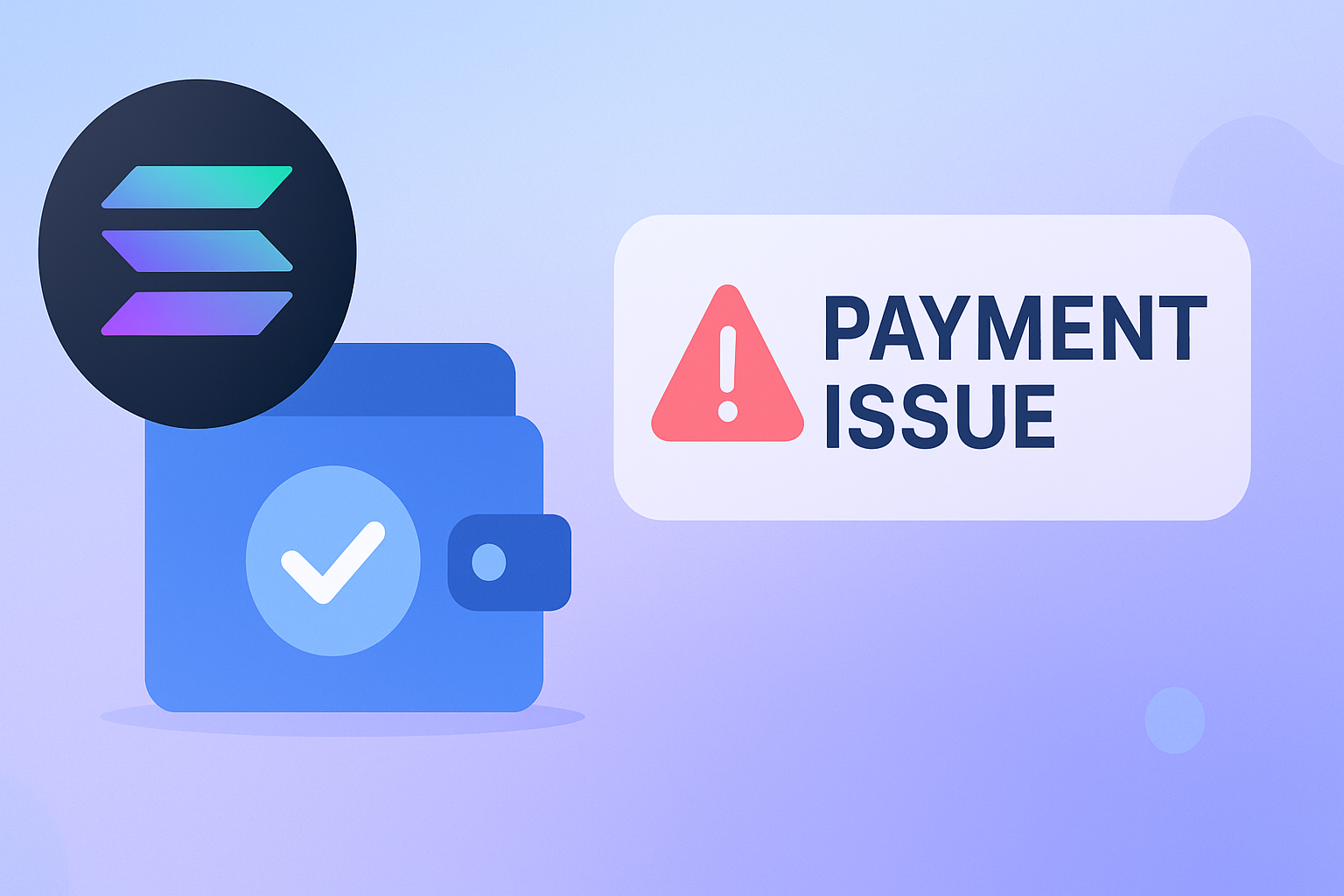In the world of web scraping, Selenium and BeautifulSoup are two popular tools that serve different purposes and excel in various scenarios. Understanding the strengths and limitations of each can help you choose the right tool for your scraping needs.
Selenium
Selenium is a powerful tool designed for automating web browsers. Initially developed for automating web applications for testing purposes, it has evolved to become a versatile tool for web scraping as well.
Key Features:
- Browser Automation: Selenium can interact with web elements in real-time, allowing it to handle JavaScript-heavy sites that require user interactions (clicks, scrolls, etc.).
- Cross-Browser Testing: It supports multiple browsers (Chrome, Firefox, Safari, etc.), making it easy to test web applications across different environments.
- Dynamic Content Handling: Selenium can wait for elements to load and dynamically interact with content, making it ideal for websites that rely on JavaScript to render content.
Use Cases:
- Testing Web Applications: Originally designed for testing, it is great for end-to-end testing of web apps.
- Interacting with JavaScript: Ideal for sites where content is dynamically loaded with JavaScript.
- Complex User Interactions: Useful for scenarios that involve complex user interactions or form submissions.
Pros:
- Handles JavaScript and dynamic content.
- Supports multiple browsers.
- Can simulate complex user interactions.
Cons:
- Slower compared to other tools due to browser automation.
- Requires more resources (memory and CPU).
BeautifulSoup
BeautifulSoup is a Python library designed for parsing HTML and XML documents. It provides simple methods for navigating and searching the parse tree.
Key Features:
- HTML Parsing: Converts HTML documents into a readable and manageable tree structure.
- Ease of Use: Offers a simple and intuitive API for navigating and searching the document.
- Integration with Other Libraries: Often used in conjunction with requests or urllib for downloading web pages.
Use Cases:
- Parsing Static HTML: Best for scraping static web pages where content does not require JavaScript execution.
- Simple Data Extraction: Ideal for extracting data from well-structured HTML documents.
Pros:
- Fast and lightweight.
- Easy to use and integrate with other libraries.
- Efficient for scraping static pages.
Cons:
- Cannot handle JavaScript content.
- Limited to parsing and does not interact with web elements.
When to use each tool?
-
Use Selenium when:
- You need to interact with web elements dynamically (e.g., clicking buttons, filling forms).
- The website relies heavily on JavaScript to load content.
- Cross-browser compatibility is a requirement.
-
Use BeautifulSoup when:
- You are scraping static web pages where JavaScript is not a concern.
- You need a fast and efficient tool for parsing and extracting data from HTML.
- You prefer a lightweight solution and don’t need browser automation.
Conclusion
Choosing between Selenium and BeautifulSoup depends on the nature of the website you are scraping and your specific needs. Selenium is ideal for complex, dynamic web applications requiring browser automation, while BeautifulSoup excels in parsing and extracting data from static HTML content. Understanding the strengths of each tool can help you create more effective and efficient web scraping solutions.
.png)




